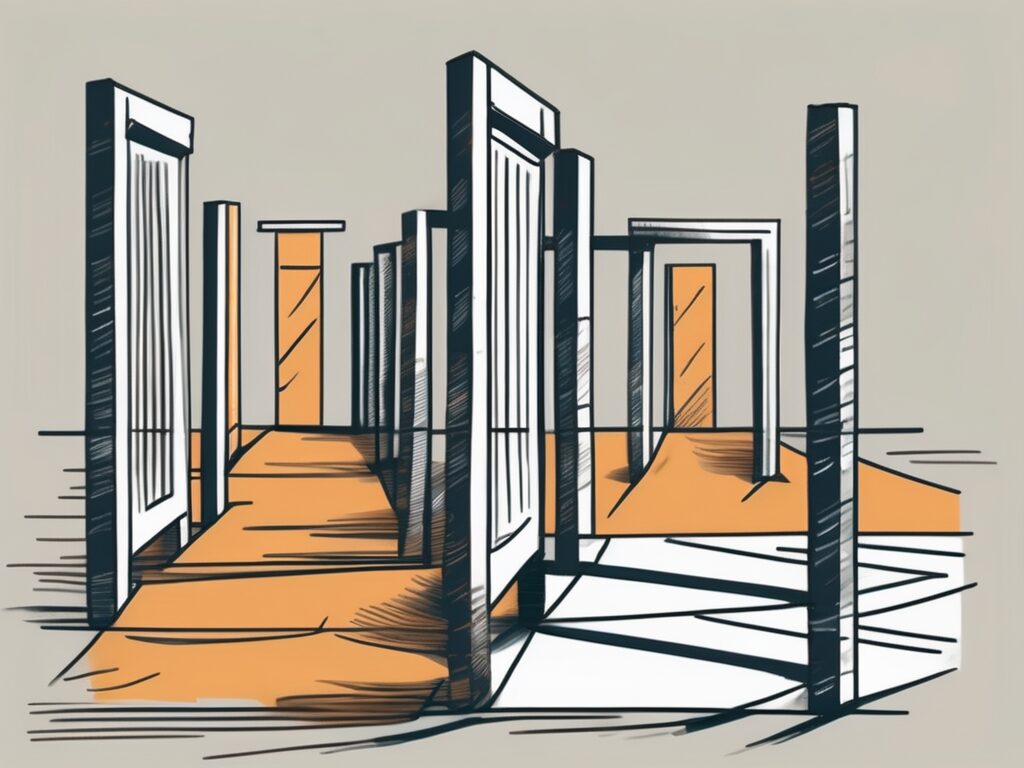Education is the cornerstone of any nation’s development. It is the key to unlocking the potential of the next generation, equipping them with the skills and knowledge they need to contribute to society and the economy. However, in many parts of the world, including Vietnam, there are significant barriers that prevent children and young people from accessing quality education. In this blog, we will explore the four main challenges to education in Vietnam and discuss potential solutions to overcome them.
1. Socio-Economic Barriers
Poverty
Like in many developing countries, poverty is a major barrier to education in Vietnam. Many families simply cannot afford the costs associated with schooling, such as uniforms, textbooks, and transportation. This often results in children dropping out of school to work and support their families financially. It’s a bit like trying to run a marathon with a heavy backpack – it slows you down and makes it much harder to reach the finish line.
Rural-Urban Divide
Another socio-economic barrier is the rural-urban divide. Schools in rural areas often lack the resources and facilities of their urban counterparts, making it difficult for students to receive a quality education. Imagine trying to study in a room with no electricity or running water – it’s not exactly conducive to learning, is it?
2. Gender Inequality
Gender Stereotypes
Gender stereotypes can also pose a significant barrier to education in Vietnam. Traditional beliefs about the roles of men and women can lead to girls being discouraged from pursuing education, particularly in rural areas. It’s a bit like being told you can’t play football because you’re a girl – it’s not fair, and it’s not right.
Early Marriage and Pregnancy
Early marriage and pregnancy can also prevent girls from continuing their education. When girls are forced to marry young or become pregnant, they often have to drop out of school to take care of their families. It’s like being forced to leave a race halfway through – you never get the chance to reach the finish line.
3. Quality of Education
Teacher Quality
The quality of education in Vietnam is often compromised by a lack of qualified teachers. Many teachers lack the necessary training and resources to effectively teach their students. It’s like trying to learn to drive from someone who’s never driven a car before – it’s not going to end well.
Curriculum
The curriculum in many Vietnamese schools is also a point of contention. It often focuses on rote learning rather than critical thinking and problem-solving skills. It’s like learning to cook by following a recipe to the letter, without understanding why you’re doing what you’re doing – it doesn’t really prepare you for the real world.
4. Infrastructure
School Facilities
Finally, the lack of adequate school facilities can also hinder education in Vietnam. Many schools lack basic amenities like clean water and toilets, making it difficult for students to focus on their studies. It’s like trying to work in an office without a desk or a chair – it’s not exactly comfortable, is it?
Transportation
Transportation is another major issue. Many students in rural areas have to travel long distances to get to school, often on foot. This not only makes it difficult for them to get to school on time, but also poses a risk to their safety. It’s like having to walk five miles to the nearest shop every time you want to buy a loaf of bread – it’s not exactly convenient, is it?
Overcoming the Barriers
Overcoming these barriers to education in Vietnam will require a multi-faceted approach. This includes improving the quality of education, promoting gender equality, addressing socio-economic disparities, and improving school infrastructure. It’s a bit like fixing a broken car – you can’t just change the tyres and hope for the best, you need to address all the issues to get it running smoothly again.
By addressing these challenges, we can help ensure that all children in Vietnam have the opportunity to receive a quality education, regardless of their socio-economic background or gender. After all, education is not a privilege, but a right, and it’s time we started treating it as such.
Empower Your Teaching Career with IPGCE
As we strive to dismantle the barriers to education in Vietnam, it’s crucial for educators to enhance their qualifications and join the global teaching community. IPGCE offers a transformative International Postgraduate Certificate in Education, designed to elevate your professional development and expand your career opportunities. With our program, you’ll experience a significant increase in interview callbacks, promotion rates, and salary potential. Connect with a worldwide network of educators, gain a deep understanding of international curricula, and enjoy the flexibility of online study that fits your busy schedule. Don’t let inadequate credentials hold you back. Join the UK’s #1 Teacher Training Course today and turn the right to education into a reality for every child.


Thanks for highlighting what’s often missed, very well done